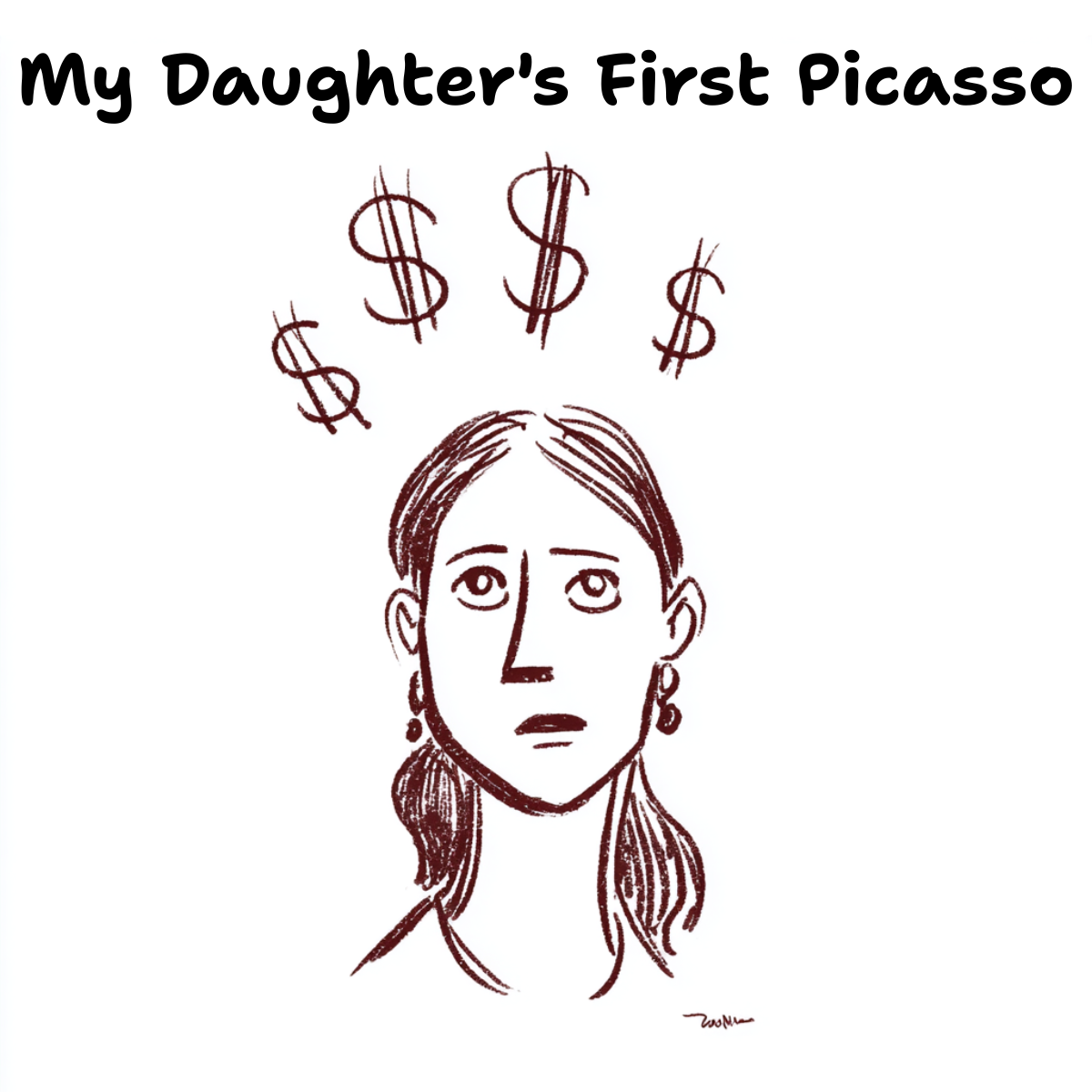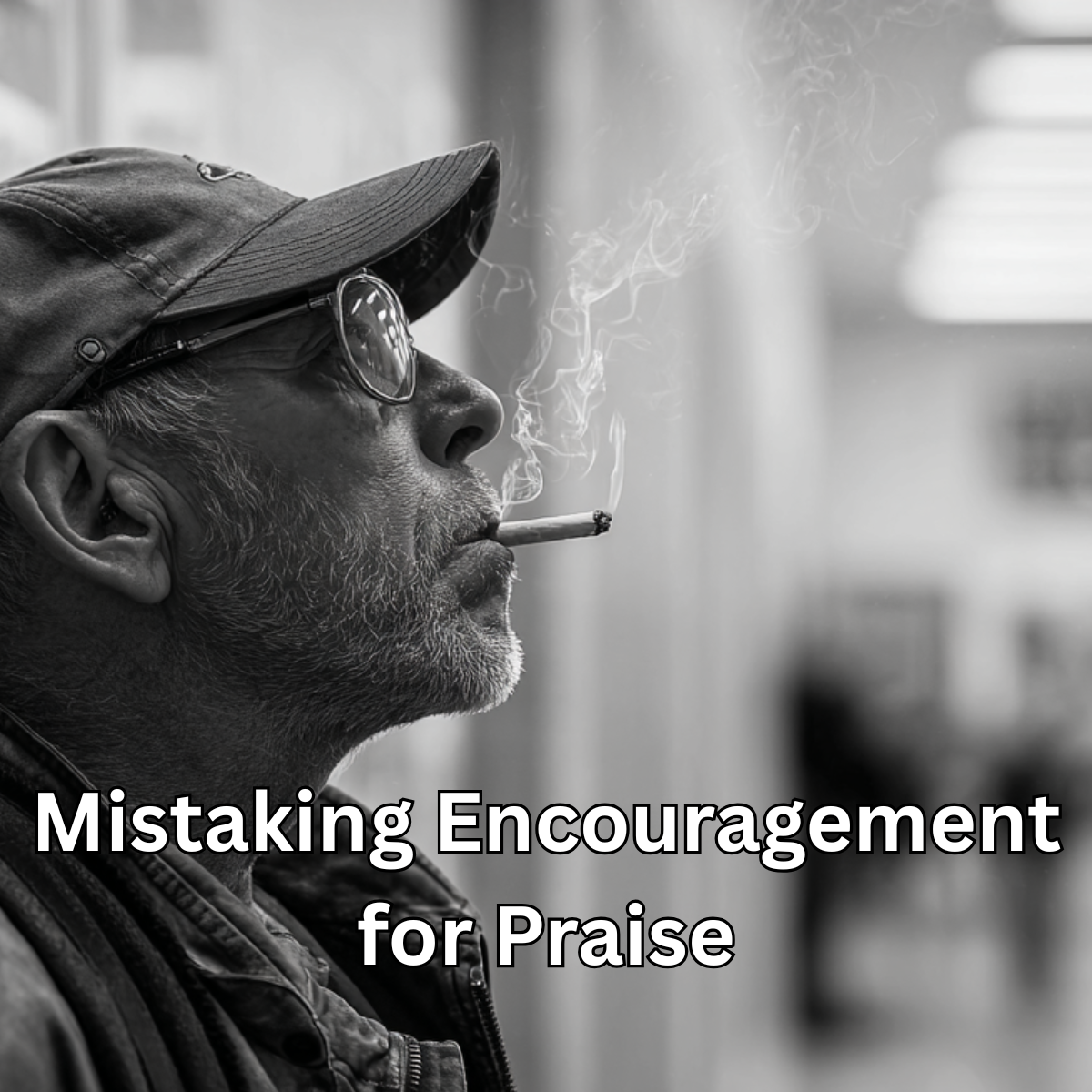Wittgenstein was a 20th century genius who made significant contributions to philosophy, mathematics, and especially linguistics. His insights into how humans use language and words to achieve a particular endeavor had a profound effect on me. I realized that words are just tools for achieving outcomes. What you use a tool for frames the nature of the tool. A hammer that builds a house is not the same tool as a hammer that breaks rocks. What you are doing with the tool defines its nature, not the tool itself.
What are we doing when we speak, what is the outcome we are seeking? It is this “doing” that allows us to understand what is being said and why. Words mean very different things depending on what we are using them for. Wittgenstein, construes our use of words as language games. So, depending on the outcome you seek, the meaning of the words and how they interact together becomes a language game that serves a human purpose.
For example, science is a language game. The game consists of asking a yes or no question about a discreet measurable phenomena, and then carrying out an experiment designed to answer that yes or no question. This language game has had profound and powerful impact on our understanding the physical world. Over the last 600 years or so, due to this language game, knowledge of our physical world resulted in historically unprecedented power for human beings. Obviously, the power this language game has conferred upon humanity is immense. Unfortunately, it is limited to answering yes or no questions about measurable phenomena only; it does not inform us on how we should use the power derived, or how we should conduct ourselves as conscious beings in life. These questions require different language games that are religious and/or philosophical in nature.
This epiphany made me realize that science and religion were different domains entirely. Figuring out how physical stuff works is very different, in fact a completely separate domain, from figuring out how we should conduct ourselves as conscious living beings who have been thrown into this world. The stupidity and pointless confusion of conflating these two endeavors became crystal clear to me. I saw the misguided futility of using science to beat up on religion, or utilizing religion as a scientific platform. They are different domains seeking different outcomes. I think the fact that they both use words confuses people into thinking they are somehow the same.
Wittgenstein also poignantly explained the limitations of words, stating that the most important things can’t even be said! For example, think of someone who is suffering from the loss or separation from a loved one, whom they deeply miss. What would make all the difference to that person? You talking to them, asking them questions, reassuring them with words? Or, a wordless embrace from the loved one they are longing for? Of course the embrace and re-union with their loved one would mean immeasurably more! So here, Wittgenstein taught me that a gesture is more powerful than words. A gesture can contain within it what is most important in life. I realized that sacrifice is a gesture.
What gestures are you making that will make all the difference? What are you seeking to accomplish with your words? I think these are important questions for anyone on the journey of the 365 Commitment.
Ben Wagner (82)
Member The 365 Commitment



